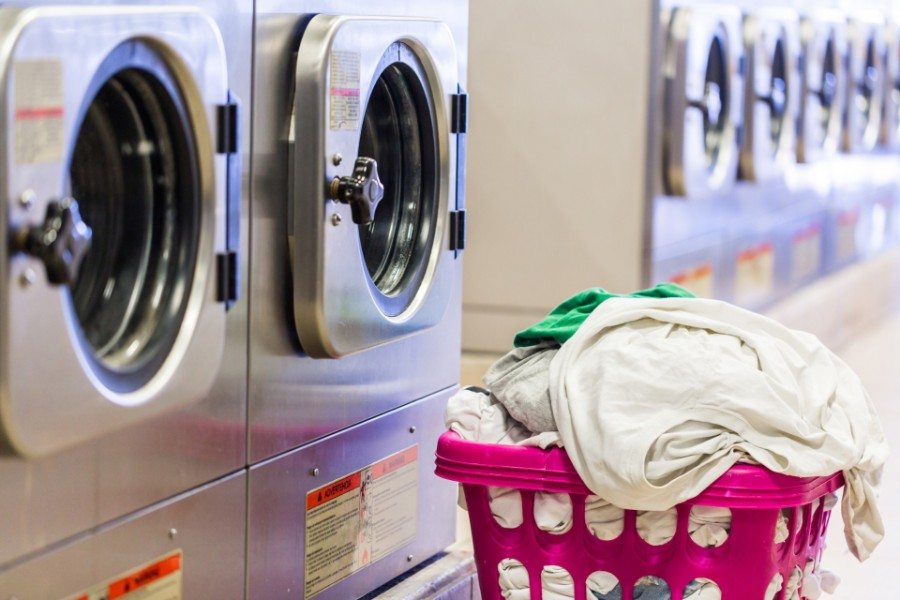Revolutionizing Effectiveness and Sustainability in Garment Care Through Innovative Robotic Textile Systems.
Wiki Article
This dry laundering sector has long remained vital for keeping clothes clean and sanitary. Nonetheless, the field encounters challenges related to efficiency and sustainability. Conventional laundry techniques often utilize toxic solvents and obsolete systems that can be inefficient and environmentally damaging. In response to these challenges, innovative laundry automation technologies have surfaced. These modern solutions not only boost the productivity of professional garment care but also encourage more eco-conscious operations, laying the foundation for a more sustainable future.
Next-generation cleaning platforms utilize advanced machinery and software to streamline the cleaning process. These technologies can independently categorize, wash, dry, and press garments without significant manual input. By using sensors and artificial intelligence, these machines can optimize every step of the cleaning process. This automation reduces the time it takes to clean clothes, allowing businesses to serve more clients in less turnaround. As a benefit, dry cleaners can increase their productivity while keeping operational costs low.

Beyond enhancing operational performance, automated laundry systems contribute significantly to sustainability efforts. Traditional cleaning practices often depend on perc solvents, a compound that poses risks to both human health and the ecosystem. Fortunately, many modern systems now employ eco-friendly formulations that are non-toxic and naturally degradable. Moreover, these Get More Information automated systems often consume less liquid and power compared to traditional practices, minimizing their environmental footprint. By adopting these technologies, laundry businesses can lower pollution and safeguard natural resources.
Another major advantage of automated laundry systems is their ability to provide a uniform service standard. With manual processes, variations in staff expertise can lead to inconsistent outcomes. Smart machines eliminate this issue by ensuring that every item is processed under the same controlled conditions. Customers can have confidence that their apparel will get the same high-quality treatment every time they choose a dry cleaner using these advanced technologies. This consistency fosters repeat business and enhances the credibility of the company.
In conclusion, the integration of innovative laundry automation technologies into the professional garment care sector represents a major advancement in both efficiency and sustainability. By implementing these solutions, dry cleaners can streamline their workflows while reducing their environmental impact. The transition towards eco-friendly practices is not only positive for the planet but also meets increasing consumer demand for sustainable services. As more companies integrate these automated solutions, they will contribute to a more sustainable, eco-friendlier future for the entire sector.